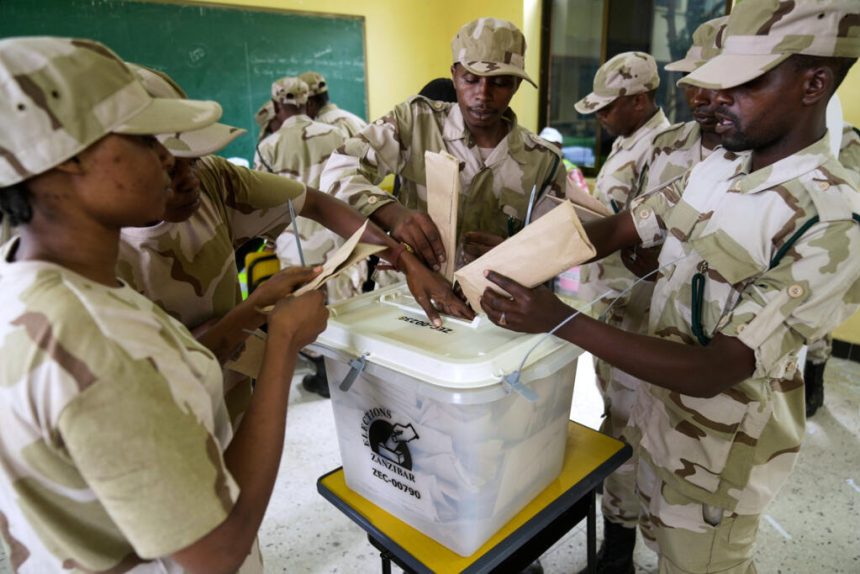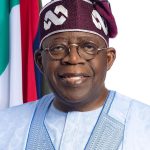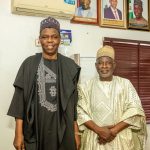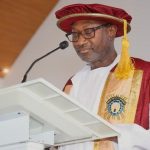Tanzanians are heading to the polls today in a general election overshadowed by government crackdowns on opposition leaders and the barring of major opposition parties from participating.
President Samia Suluhu Hassan, representing the ruling Chama Cha Mapinduzi (CCM) party, is widely expected to secure another term. However, the credibility of the election has come under intense scrutiny following the disqualification of the two main opposition parties, Chadema and ACT-Wazalendo, on what critics describe as politically motivated grounds.
The political climate has grown increasingly tense in the months leading up to the vote. In April 2025, Tundu Lissu, the outspoken leader of Chadema and a longtime critic of the government, was arrested on charges of incitement and treason after calling for electoral reforms. His detention drew condemnation from rights groups, who view it as part of a broader effort to silence dissent ahead of the polls.
More recently, John Heche, Chadema’s deputy chairperson, was detained outside the High Court in Dar es Salaam, while attending Lissu’s trial. Police have not provided a clear explanation for his arrest, and he was later transferred to a police station in Tarime under unclear circumstances.
According to the Independent National Electoral Commission (INEC), a total of 37,647,235 voters are registered to participate in this year’s elections, up from just under 30 million in 2020, representing an increase of about 26.5 percent. Of these, 36.65 million voters are from mainland Tanzania and roughly 1 million from Zanzibar. Women make up around 50.3 percent of registered voters, a reflection of Tanzania’s steady efforts to achieve gender balance in civic participation.
The number of polling stations has also expanded by more than 22 percent since the last election, reaching about 99,895 stations nationwide, 97,348 on the mainland and 2,547 in Zanzibar. INEC reports that 7.6 million new voters were added to the roll this year, with more than 4.2 million others updating their information and nearly 100,000 ineligible names removed.
Despite these impressive logistical figures, many observers say the election is taking place under deeply unfair conditions. Chadema was barred from fielding a presidential candidate after allegedly failing to sign the mandatory electoral code of conduct, while ACT-Wazalendo’s candidate was disqualified by the electoral commission. That has left President Hassan facing only minor opposition, making today’s vote appear less a contest than a confirmation of CCM’s long-standing political dominance.
President Hassan has defended her government’s actions, insisting that law enforcement agencies and the electoral commission are acting within the law. Her supporters credit her leadership with maintaining stability, advancing infrastructure projects, and driving economic growth. Critics, however, accuse her administration of eroding democratic freedoms and consolidating power through intimidation and legal manipulation.
As polling stations close, uncertainty hangs over whether the results will reflect the people’s will. With opposition parties sidelined and several of their leaders behind bars, many Tanzanians express skepticism that their votes will bring meaningful change. What remains clear is that the 2025 election, while technically larger in scale and organization is unfolding amid one of the most constrained political climates in Tanzania’s recent history.








